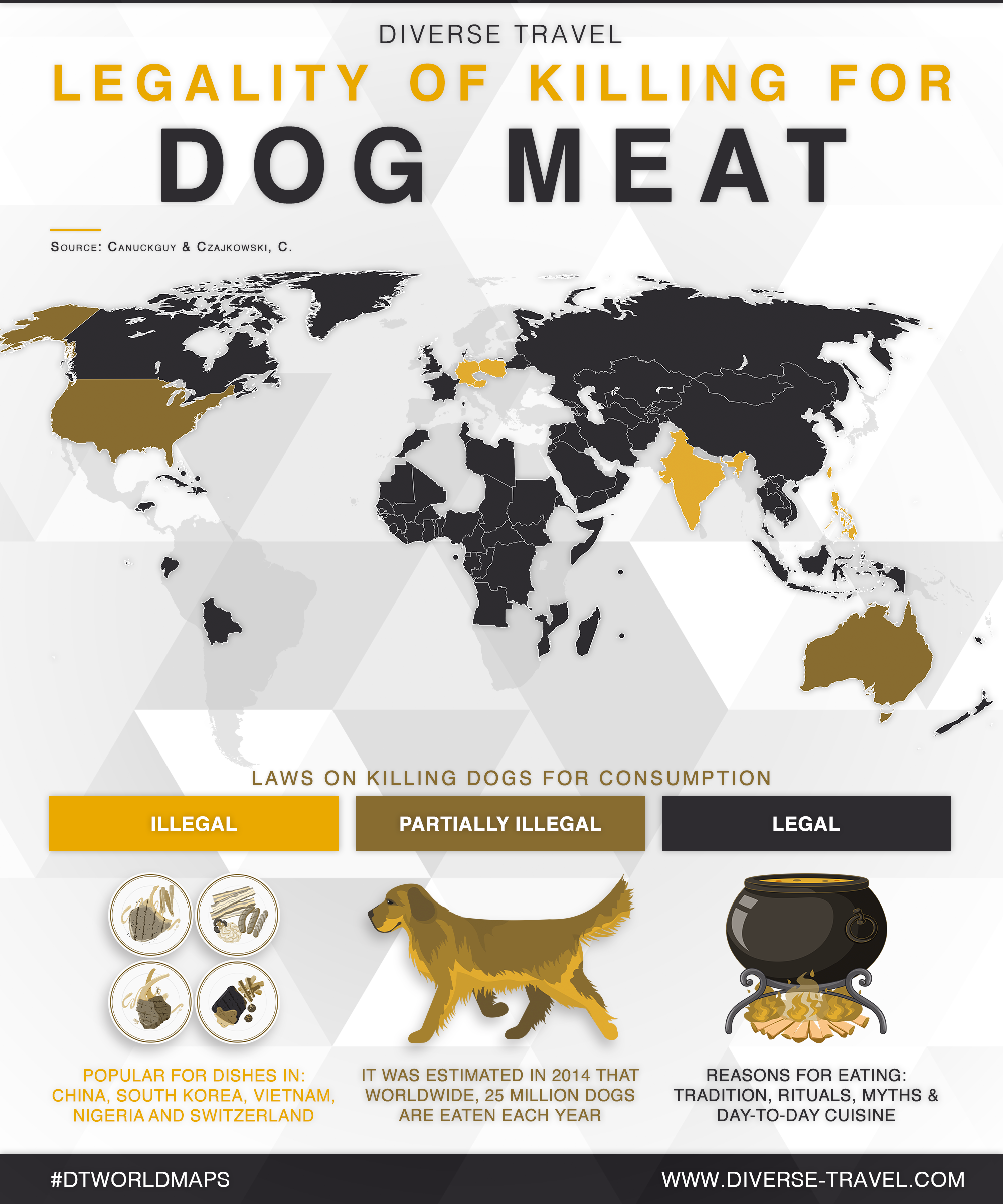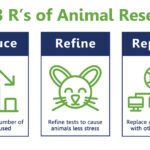The question of whether killing animals is legal provokes significant discourse surrounding ethics, legality, morality, and, ultimately, humanity’s role within the natural world. In many jurisdictions, the act of killing animals can be legal under specific circumstances. These circumstances often pertain to utility, such as agricultural practices, pest control, or self-defense. However, the broad latitude granted to the legal killing of animals raises profound inquiries about our societal values and the underlying reasons for our fascination with such an ability.
In examining animal cruelty laws, it becomes evident that the legal framework does not uniformly protect all animals; rather, it tends to prioritize domesticated species or those with economic significance. For example, livestock can be slaughtered for food, whereas household pets are afforded varying degrees of protection under anti-cruelty statutes. This inconsistency reveals an underlying anthropocentrism—humans tend to categorize animals based on their utility to human interests. Consequently, the legal permissiveness surrounding the killing of certain animals speaks volumes about societal values—values that are often tethered to economic perspectives rather than ethical considerations.
The legality of killing animals also interacts with the cultural narratives prevalent within various societies. Consider hunting as an example: in certain cultures, hunting is rooted in ritual and tradition, celebrating nature’s bounty and man’s instinctual connection to the wild. However, the activity can be vilified within other communities that view it as barbaric and unnecessary. The contrast in perception serves to underscore the complexities surrounding the legality of animal killing; it is not merely a matter of local laws but rather a reflection of societal ethos.
Beyond legality and culture, there are psychological factors at play when addressing the killing of animals. Humans often exhibit a peculiar fascination with violence and death—whether through horror films that depict graphic killings or through the visceral experience of butchering livestock for consumption. This fascination can be attributed to a myriad of reasons, including a primal instinct to understand mortality, yet it also raises questions regarding desensitization to violence. The normalization of animal slaughtering in public consciousness, facilitated by media and industry, can dull empathy and create cognitive dissonance amongst consumers.
The commodification of animals further exacerbates societal conflicts regarding their treatment. In industries driven by profit, animals are often reduced to mere commodities—units of production that lack intrinsic value apart from their economic worth. This transactional approach fosters indifference toward their suffering. The normalization of animal agriculture, where millions of animals perish each day, serves as a testament to the intricate relationship between capitalism and morality. As humans engage in economic activities that require exploiting animals, a dissonance develops: the simultaneous enjoyment of animal products alongside the ethical dilemmas inherent in their production.
This disconnect becomes even more complicated when we take into account our role as guardians of other species. The principles of stewardship suggest an ethical obligation to protect creatures with whom we share the planet. From this perspective, the permissibility of killing animals raises significant moral questions. Should the legal capacity to kill translate to ethical acceptability? Our capacity for empathy and compassion towards fellow sentient beings suggests otherwise. Animal rights advocates argue for enhanced protections not only for domesticated pets but for all sentient beings, advocating for a re-examination of our current paradigms around animal welfare.
Moreover, the intersection of environmental concerns and animal rights has catalyzed discourse regarding sustainable practices and humane treatment. Scientific research reveals that the mass killing of animals contributes to ecological imbalance, undermining biodiversity and creating ripple effects that reach beyond species conservation. The ethical imperative to protect endangered species and preserve habitats highlights the need for a reconsideration of animal killing in the context of environmental stewardship. This illustrates that the legal right to kill animals is intertwined with the broader health of the planet—a fact that cannot be ignored in the ongoing exploration of ethical implications.
Lastly, the conversation surrounding animal killing necessitates a reflective moment on personal choices and accountability. Those who consume animal products or engage in activities that may lead to harm must grapple with the implications of their consumption. Choices such as adopting a plant-based diet or supporting animal welfare initiatives serve to demonstrate a personal commitment to ethical principles. When individuals elevate humane treatment and responsible consumption to the forefront, they contribute to a collective movement that may one day lead to more comprehensive legal protections for all animals.
In summation, the legality of killing animals is not solely a question of law but rather an intersection of ethical, cultural, psychological, and environmental considerations. While certain forms of animal killing may be permissible by law, the ethical ramifications extend significantly beyond legal parameters. The implications beg for contemplation of our values as a society and the responsibilities we hold toward our fellow sentient beings. Ultimately, this inquiry is not merely about legality—it is a deeper reflection of humanity and our role as stewards of the planet.






